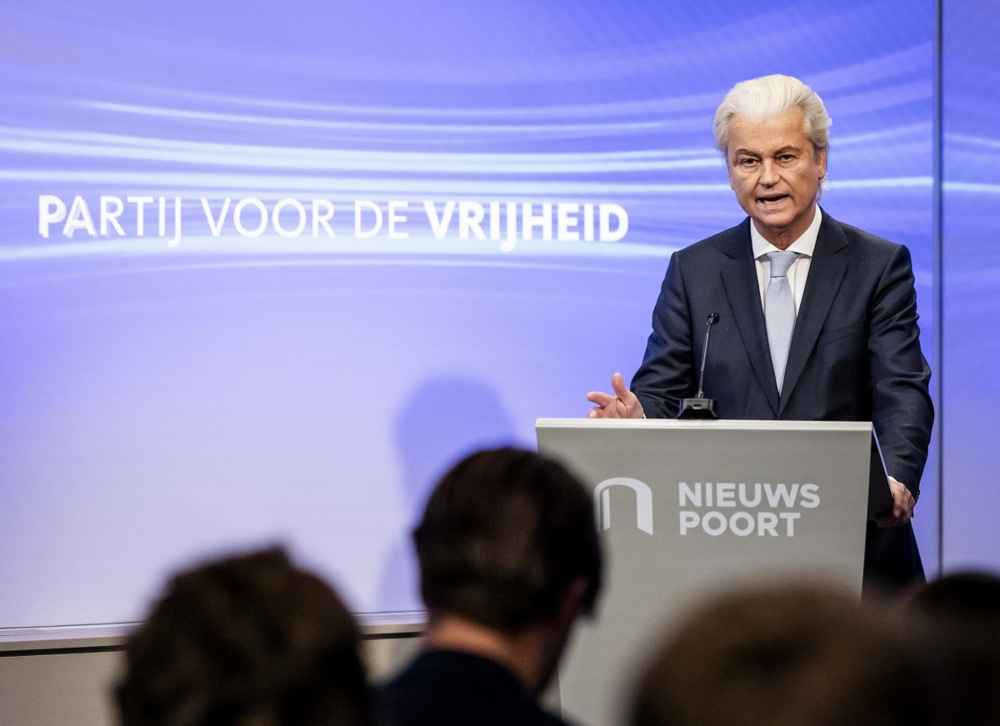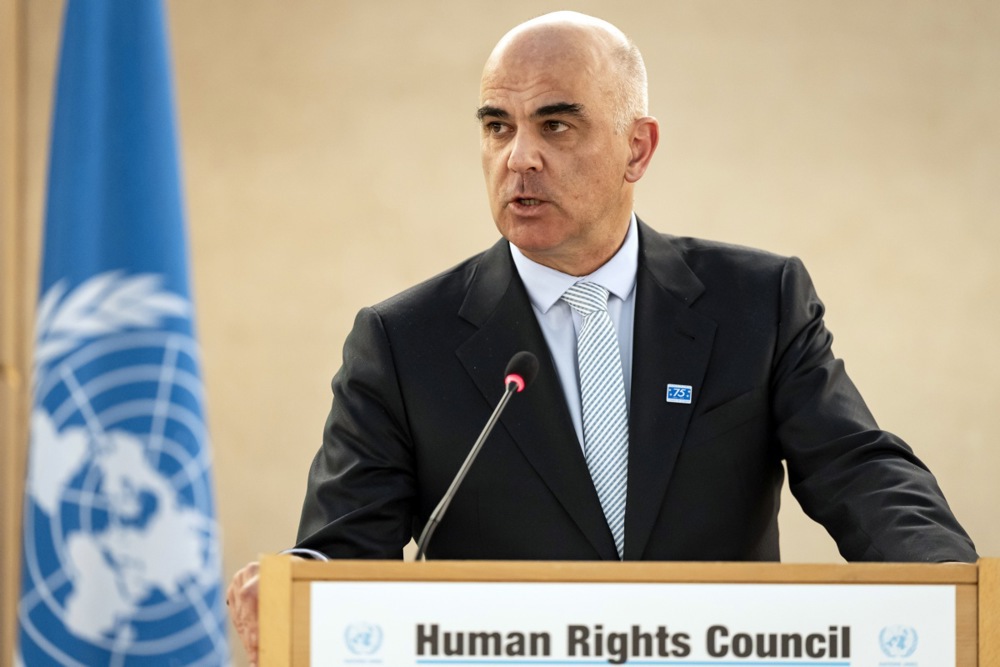Meta, the owner of Facebook, Instagram and Whatsapp, has closed down pages from identitarians and nationalists across Europe.
Identitarianism is an ethnocultural transnational movement that sees its main purpose as defending Europe’s “identity” and ethnic purity from perceived Islamisation and multiculturalism, according to the NGO Counter Extremism Project. The movement originated in France and Italy and has spread into southern, central and northern Europe as well as the US.
On May 27, 2025, prominent European identitarian activists Dries Van Langenhove and Martin Sellner reported that Meta had removed numerous identitarian accounts from Instagram and Facebook.
Sellner claimed Meta had “wiped out nearly all identitarian Instagram pages” including some associated with Germany’s right-wing Alternative for Germany (AfD) party, while noting that “hardcore Antifa pages” remained unaffected.
Antifa has regularly engaged in violent actions against its political adversaries. Earlier in May, the Brussels police had to use a water cannon against Antifa members trying to disrupt a conference held by the think-tank MCC about women in the Conservative movement.
Van Langenhove and other identitarian figures echoed these concerns on X, describing the actions by Meta as politically motivated censorship.
“JD Vance was rightfully worried about European ‘leaders’ taking away our freedom of speech but why is an American company helping them?,” Van Langenhove said.
The identitarians praised the Elon Musk-owned X as a “last bastion of free speech”.
You can search for Hamas. You can search for Antifa.
But try typing “Identitäre Bewegung” on Instagram – nothing.
The biggest patriotic NGO in Europe is censored out of existence. pic.twitter.com/kM07L0aHaA— Martin Sellner (@Martin_Sellner) May 27, 2025
The Identitarian movement, which advocated for “remigration” – the return of migrants to their countries of origin and the preservation of European cultural identity – has faced repeated deplatforming. In 2018, Meta and other platforms including X similarly removed identitarian accounts.
Meta did not issue a statement about the ban and at the time of writing, had not responded to inquiries from Brussels Signal.
On April 23, the European Commission fined Meta €200 million for breaching the Digital Markets Act (DMA), specifically for its “pay or consent” model on Facebook and Instagram.
Pressure from Brussels might have been the motivation for Meta to make its move on May 26, observers suggested, because on January 25, the company had announced it planned to “restore free speech”.
The social media juggernaut stated it would do so by ending its third-party fact-checking programme and transitioning to a Community Notes model.
It said at the time its content moderation practices had “gone too far”.
Meta’s owner Mark Zuckerberg praised the US for what he said were the “strongest constitutional protections for free expression in the world”.
He contrasted that with the EU, where he claimed there was “an ever-increasing number of laws institutionalising censorship and making it difficult to build anything innovative there”.
Meta CEO Mark Zuckerberg has ignited a transatlantic debate over the treatment of US tech companies in Europe. https://t.co/nAEGrvT87b
— Brussels Signal (@brusselssignal) January 13, 2025
The EU has supported Meta’s use of third-party fact-checkers in several ways while criticising the community note system on rival X.
In October 2023, the European Commission gave €850,000 “to support EU fact-checkers in identifying and debunking disinformation”.
Organisations such as the European Digital Media Observatory and the European Fact-Checking Standards network all received funding.
The EU has implemented its Strengthened Code of Practice on Disinformation, which required platforms including Meta to report on their compliance with measures “to combat disinformation”. That was necessary under the bloc’s Digital Services Act (DSA).
Previously, the EC had taken a critical stance toward X after it abandoned its former content moderation policies, which Musk argued were politically biased and infringed free speech.
The body threatened to hit the platform with hefty fines and former Commissioner Thierry Breton repeatedly challenged Musk.
In Washington, the new administration under President Donald Trump has been vocal about its opposition against such censorship and the subject could become part of already difficult trade talks.
The EU has given €650 million to projects combating so-called ‘hate speech’ and ‘disinformation’, one third more than it has given to transnational cancer research projects, a report said. https://t.co/CWZPaUFG3J
— Brussels Signal (@brusselssignal) May 21, 2025





